Samsung's top-specification new release, the Galaxy S24 Ultra, adds super-sized specifications to the range. Here's how it fares when compared against Apple's top-tier smartphone, the iPhone 15 Pro Max.
Samsung's introduction of the Galaxy S24 Ultra as part of its Unpacked event is the South Korean tech firm's flagship release. With the biggest screen and the best camera capabilities of the range, the S24 Ultra offers a lot to consumers wanting a great smartphone.
As the main rival to Apple's iPhone range, the S24 Ultra has to compete directly against the iPhone 15 Pro Max, Apple's own largest and most powerful smartphone.
The battle for the high-end is usually a closely fought one, and for this year's fight, it's as close as it has ever been.
iPhone 15 Pro Max vs Samsung Galaxy S24 Ultra - Specifications
| Specifications | iPhone 15 Pro Max | Samsung Galaxy S24 Ultra |
|---|---|---|
| Price (starting) | $1,199 | $1,299.99 |
| Dimensions (inches) | 6.29 x 3.02 x 0.32 | 6.39 x 3.11 x 0.34 |
| Weight (ounces) | 7.81 | 8.18 |
| Processor | A17 Pro | Snapdragon 8 Gen 3 Mobile Platform for Galaxy |
| Storage | 256GB, 512GB, 1TB | 256GB, 512GB, 1TB |
| Memory | 8GB | 12GB |
| Display type | 6.7-inch Super Retina XDR, ProMotion, always-on display | 6.8-inch Dynamic AMOLED 2X, SuperSmooth, always-on display |
| Resolution | 2,796 x 1,290 at 460ppi | 3,120 x 1,440 at 505ppi |
| Biometrics | Face ID | Under-display ultrasonic fingerprint reader |
| Connectivity | 5G (Sub-6GHz and mmWave) Gigabit-class LTE Wi-Fi 6E Bluetooth 5.3 Ultra Wideband Gen 2 Emergency SOS via Satellite Roadside Assistance via Satellite USB-C | 5G (Sub-6GHz and mmWave) LTE Wi-Fi 6E Bluetooth 5.3 NFC USB-C |
| Rear Cameras | 48MP Wide 12MP Ultra Wide 12MP Telephoto with 5x optical zoom | 200MP Wide 12MP Ultra Wide 10MP Telephoto with 3x optical zoom 50MP Telephoto with 5x optical zoom |
| Front Camera | 12MP TrueDepth with Autofocus | 12MP |
| Battery Size | 4,441mAh, Up to 29 hours video playback time | 5,000mAh |
| Colors | Black Titanium, White Titanium, Blue Titanium, Natural Titanium | Onyx Black, Cobalt Violet, Marble Gray, Amber Yellow, Jade Green (Samsung direct), Sandstone Orange (Samsung direct), Sapphire Blue (Samsung direct) |
iPhone 15 Pro Max vs Samsung Galaxy S24 Ultra - Physical dimensions
Already on the market, the iPhone 15 Pro Max has enjoyed a number of months to itself as the best option on the market for anyone who likes big smartphones. At 6.29 inches long by 3.02 inches wide and 0.32 inches thick, it's a hefty size made for big hands.
Samsung's response in the Galaxy S24 Ultra is to go even bigger.
At 6.39 inches by 3.11 inches, it's a bit longer and wider, which makes sense given its use of a slightly larger display. At 0.34 inches thick, it's got a bit more volume than Apple's smartphone.
These size differences also translate into variations in weight. Apple's 7.81-ounce iPhone 15 Pro Max is a fairly dense device, but then Samsung decided to make its smartphone 8.18 ounces.
iPhone 15 Pro Max vs Samsung Galaxy S24 Ultra - Display
The iPhone 15 Pro Max's screen is a 6.7-inch Super Retina XDR OLED panel, sporting a resolution of 2,796 by 1,290, and a pixel density of 460 pixels per inch. Apple also made it an always-on screen that takes advantage of ProMotion support, so it can go as high as 120Hz, or low enough to stay on without burning energy.
Samsung equips its Galaxy S24 Ultra with a 6.8-inch Dynamic AMOLED 2X display, making it a tenth of an inch larger. Its resolution of 3,120 by 1,440 pixels and its size means it has a pixel density of 505ppi, a lot higher than the iPhone.
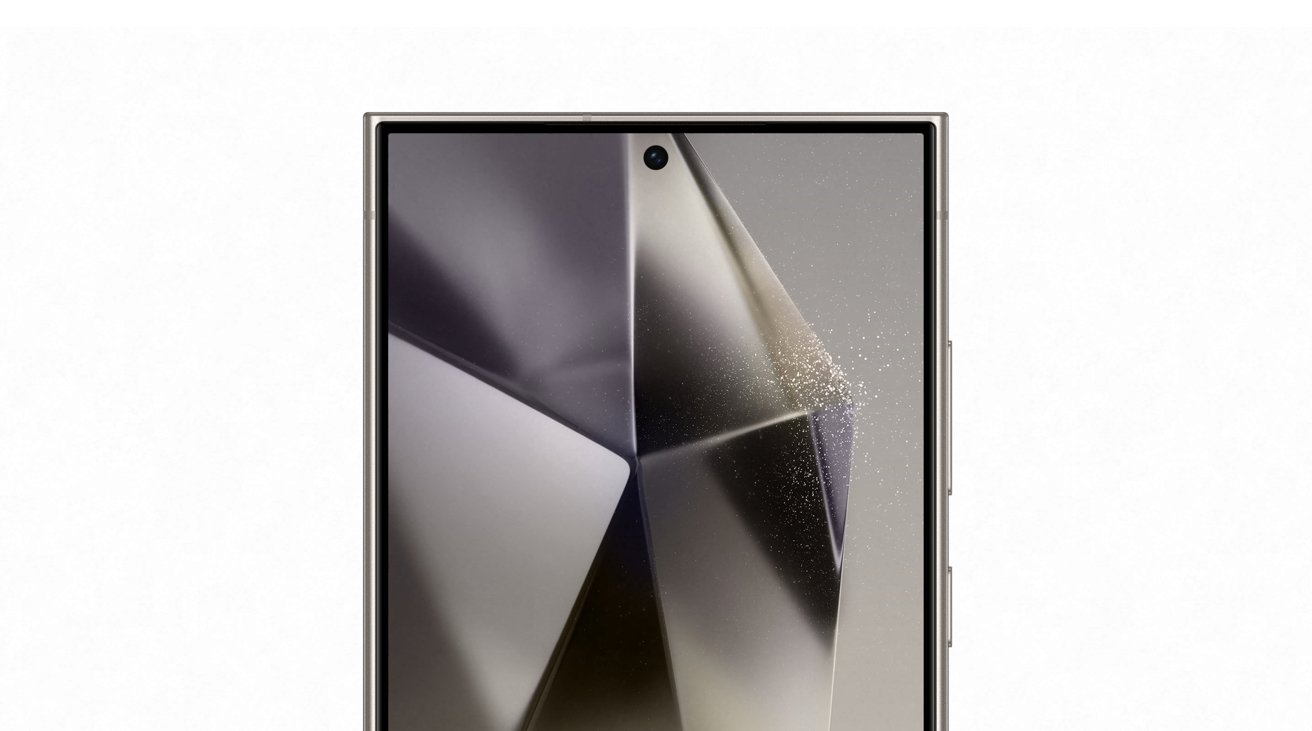 iPhone 15 Pro Max vs Samsung Galaxy S24 Ultra: Samsung Galaxy S24 Ultra screen is bigger and higher in resolution.
iPhone 15 Pro Max vs Samsung Galaxy S24 Ultra: Samsung Galaxy S24 Ultra screen is bigger and higher in resolution. Samsung also has its own variable refresh rate between 120Hz and 1Hz, branded as SuperSmooth.
The Pro Max has a maximum brightness for typical content at 1,000 nits, rising to 1,600 nits of peak brightness for HDR content, and 2,000 nits peak for outdoor usage. At its peak, Samsung's always-on offering can push out 2,600 nits.
Both Apple and Samsung put a hole in the display to lodge their respective cameras, but Apple goes out of its way to try and disguise the hole with the Dynamic Island UI elements.
iPhone 15 Pro Max vs Samsung Galaxy S24 Ultra - Cameras
The iPhone 15 Pro's triple camera setup is helmed by a 48-megapixel f/1.78 aperture Main camera, which has a second-gen sensor-shift optical image stabilization system. Along with an increase in the default image size from 12MP to 24MP, Apple also creates a fictional fourth camera by cropping the Main image.
The Ultra Wide is a 12-megapixel version with an f/2.2 aperture and a 120-degree field of view, just like the iPhone 15 Pro. The Telephoto camera differs, because while it has a 12MP sensor with an f/2.8 aperture, it also has a tetraprism lens with 3D sensor shift OIS, which enables a 5x optical zoom-in, and a maximum digital zoom of 25x.
Apple's work in computational photography reappears in this generation, combining Deep Fusion with the Photonic Engine, with other features including Smart HDR 5, Portrait Lighting, Focus and Depth Control portraits, a LiDAR-supported Night Mode, and Apple ProRAW.
The Pro models also benefit from video upgrades, including the ability to record ProRes 4K 60fps footage directly to a USB-C drive. It also introduces log video recording and Academy Color Encoding System support.
Samsung trumps Apple in using four actual camera sensors, with wildly different specifications.
The standard Wide camera has a 200MP sensor with an f/1.7 aperture, laser autofocus, and OIS. It's joined by the 12MP Ultra Wide, with an f/2.2 aperture and a 120-degree field of view.
There are two Telephoto cameras on the S24 Ultra, starting with the 10MP f/2.4 version with a 3x optical zoom. The other, the 50MP Periscope Telephoto, has a 5x optical zoom and an f/3.4 aperture.
When the Periscope Telephoto is combined with data from the 50MP Telephoto lens, it can provide an enhanced digital zoom of up to 100x, also known as Space Zoom
Samsung also has its own AI-based photography features, such as "Nightography" and the aforementioned Space Zoom. However, while Apple prefers to use machine learning to improve the shot being taken, Samsung's work is largely in the editing field.
Features such as erase, re-compose, and remaster are offered, as well as a Generative Edit function to add bits back to the frame, such as a rotation that introduces a nonexistent part of the image.
For video, the Galaxy S24 Ultra can do 8K video at 30fps, with a 1080p slo-mo at 960fps. A Dedicated ISP Block is included for noise reduction for the front and rear cameras, meanwhile gyro sensor data is analyzed to tell the difference between the user's movement and the subjects, helping improve the image further.
Apple's front camera is the tried-and-tested TrueDepth camera array, with a 12MP resolution and Focus Pixels autofocus. Its use of depth mapping comes into play for both photos and security, with it used for Face ID.
Samsung has a 12MP camera in the front, equipped with Dual-Pixel PDAF, but it doesn't have Apple's face mapping trickery.
iPhone 15 Pro Max vs Samsung Galaxy S24 Ultra - Processor
Powering the iPhone 15 Pro Max is the A17 Pro, the newest A-series chip made using a 3-nanometer process. The CPU has two performance and four efficiency cores, with microarchitecture and design changes helping produce a 10% speed boost over the iPhone 14 Pro.
The "biggest GPU redesign" in Apple's history is also included, with the six-core chip 20% faster than its predecessor and including hardware-accelerated ray tracing. That last element is approximately four time faster than the software equivalent.
Apple also adds in the Neural Engine, now double the speed than before, and a dedicated AV1 video decoder.
Inside the Galaxy S24 Ultra is the Snapdragon 8 Gen 3 Mobile Platform for Galaxy, a Samsung-optimized version of Qualcomm's chipset.
At its core is the Kyro CPU, which uses one 3.3GHz Prime core, five 3.2GHz performance cores, and two 2.3GHz efficiency cores.
The Adreno CPU has similar hardware-accelerated ray tracing support with other features including Game Super Resolution and Post Processing accelerators. Hardware-accelerated decoding of H.265, VP9, and AV1 video is also included.
The Hexagon NPU is Qualcomm's Neural Engine response, which has a fused AI accelerator architecture with scalar, vector, and tensor accelerators. The Sensing Hub has its own dual micro NPUs for handling audio and sensors.
While in our comparison of the iPhone 15 Pro and Samsung Galaxy S24 is the same up to this point, there is a slight departure here, as Samsung includes 12GB of memory while Apple uses 8GB.
This could help the Ultra handle multiple apps simultaneously better, but may not be that much benefit for single-run tasks.
For benchmarks, we refer to early results of the Qualcomm Snapdragon 8 Gen 3 Mobile Platform against the A17 Pro in lieu of in-person testing of the S24 itself.
For Geekbench 6, Apple comes out on top for the A17 Pro in single-core testing at 2,858 versus about 2,300 for the Snapdragon. The roles reverse under multi-core, with Apple managing 7,038 against Samsung's scores around 7,500.
For single-core tasks, the iPhone will do well, but for rarer multi-core workloads, Qualcomm's chip should be better. Either way, these are two very capable chips.
Samsung did spend a lot of its presentation covering the AI capabilities for its device, including Live Translate providing two-way real-time voice and text translations. Chat Assist can help users "perfect conversational tones" while Note Assist makes summaries and templates.
Circle to Search, which can use the embedded S Pen, uses Google's smarts to search based on whatever a user circles or highlights on the screen.
Samsung's AI smarts and features may be good for the moment, but with Apple thought to be incorporating more AI work into iOS, it should make for an interesting WWDC 2024.
iPhone 15 Pro Max vs Samsung Galaxy S24 Ultra - Connectivity, power, and other features.
Physical connectivity is handled by USB-C for both smartphones. While Samsung has spent longer using USB-C in its hardware, this is the first generation of iPhones to use it.
On the wireless side, there's full 5G support including mmWave and sub-6Ghz for each, as well as Wi_Fi 6E support, Bluetooth 5.3, and NFC.
Apple includes Ultra Wideband for some directionality features, including AirDrop and AirTag. Apple also incorporates satellite communications, with Emergency SOS via Satellite and Roadside Assistance via Satellite offered in cases where cellular access isn't available.
Samsung's Galaxy S24 Ultra has a 5,000mAh battery, though while Samsung doesn't say how long that lasts for, it's safe to say it'll be more than a day.
Apple claims its iPhone 15 Pro Max battery's 4,441mAh capacity can last for up to 29 hours of continuous video playback time.
Fast charging is available for both smartphones using USB-C, though each does have wireless charging functionality. Apple opts for the magnetic surety of MagSafe, while Samsung's Wireless PowerShare reuses the wireless charging hardware to give power to other devices.
Biometric security is handled with Face ID on the iPhone. Samsung instead relies on an under-display ultrasonic fingerprint reader for its security.
Samsung does include an S Pen as part of the S24 Ultra, with stylus input available on that particular model in the range. There is no stylus support in the iPhone 15 Pro Max.
iPhone 15 Pro Max vs Samsung Galaxy S24 Ultra - Storage, color, and price
Apple sells the iPhone 15 Pro Max starting from $1,199 for the 256GB capacity, rising to $1,399 for the 512GB, and $1,599 for the 1TB. It's available in four colors: Black Titanium, White Titanium, Blue Titanium, and Natural Titanium.
The Galaxy S24 Ultra costs $1,299.99 for the 256GB capacity, $1,419.99 for 512GB, and $1,659.99 for 1TB. Onyx Black, Cobalt Violet, Marble Gray, and Amber Yellow color options are available from many outlets, but Jade Green, Sandstone Orange, and Sapphire Blue are sold only from Samsung directly.
iPhone 15 Pro Max vs Samsung Galaxy S24 Ultra - Which to buy
Both the iPhone 15 Pro Max and the Samsung Galaxy S24 Ultra are the top smartphones in their respective ranges. Consumers buying either will find they will have a powerful and very capable mobile device in their hands, regardless of brand.
Of course, people with more picky tastes will want to latch onto specific features and go for the best in that category. Going down that route, you'll find quite a few wins on the Samsung side.
The size, brightness, and resolution of the screen, the giant resolution and zoom of the rear cameras, and the inclusion of the S Pen could be enough for some to go down the Samsung route than the iPhone.
The iPhone 15 Pro Max, on the other hand, fares a bit better when it comes to some processing tasks, though not necessarily multi-core applications. The video features are fantastic for creative professionals, though Samsung's Slo-Mo and 8K are certainly interesting elements to consider.
As a thinner and slightly more pocketable device, it may suit people's lives a little better too.
Ecosystem dependence is also a big factor, so if you've already invested heavily in an Apple computing environment or you're deeply enmeshed in iPhone and Apple Services, you're going to stick to Apple regardless of what Samsung brings to the table.
What Samsung has introduced is a serious contender to the throne of best smartphone, one that should make Apple a little worried. The iPhone 15 Pro Max still offers a great package to consumers, but it's hard not to begrudge those who get Samsung's top device.
iPhone 15 Pro Max vs Samsung Galaxy S24 Ultra - Where to buy
Apple's iPhone 15 Pro Max is available at wireless carriers AT&T and Verizon, with aggressive iPhone deals in effect now (often bringing the cost of the device down to as low as free after bill credits and trade-in incentives).
Samsung's S24 Ultra is also discounted when ordered directly from Samsung, with limited-time offers in place ranging from instant credit to free storage upgrades. Amazon and Best Buy carry the S24 Ultra as well.
 Malcolm Owen
Malcolm Owen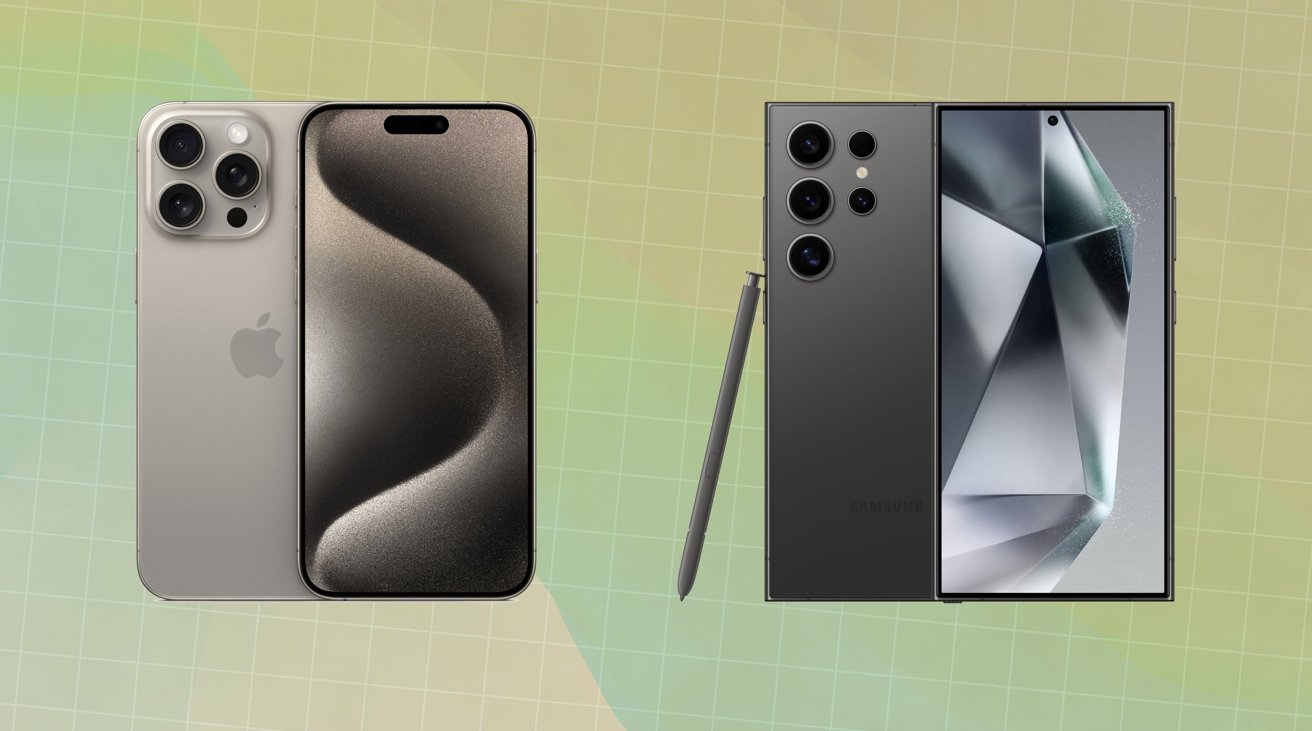
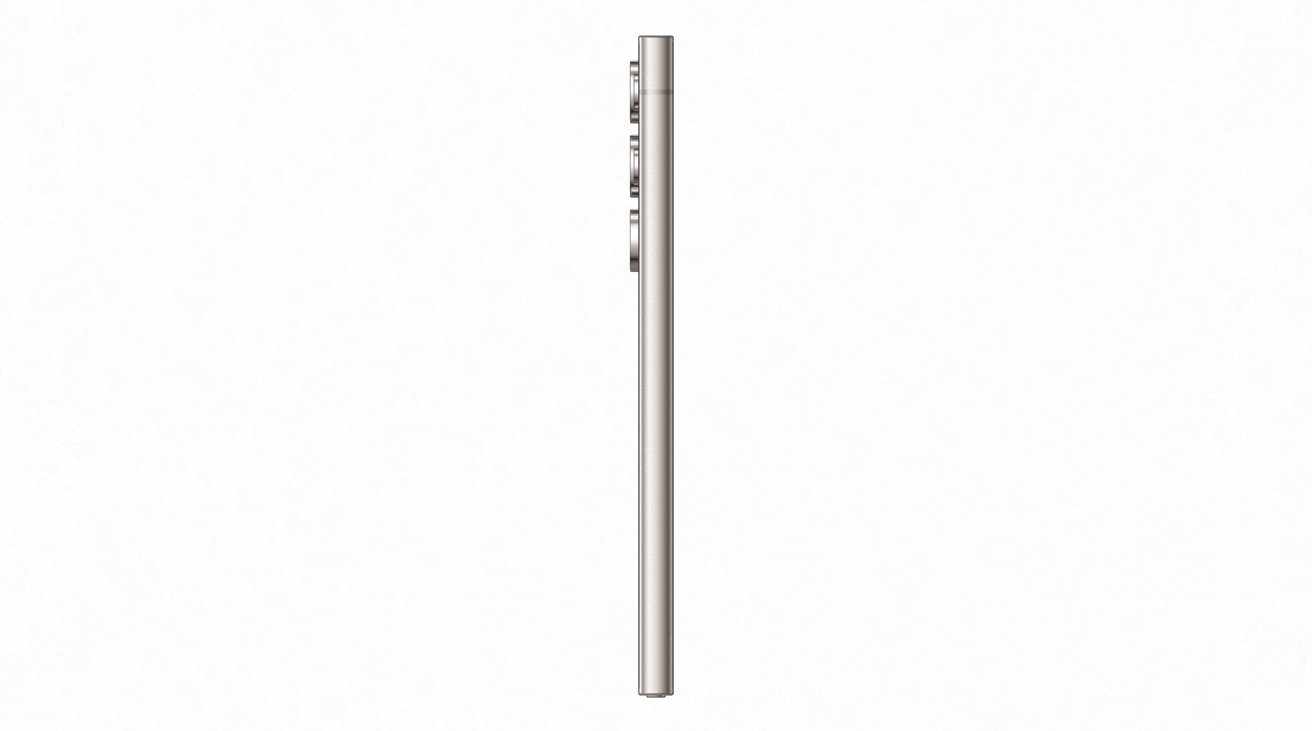
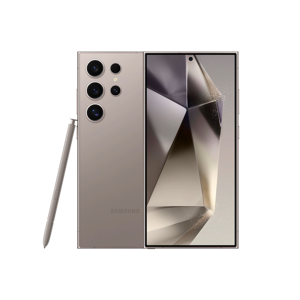
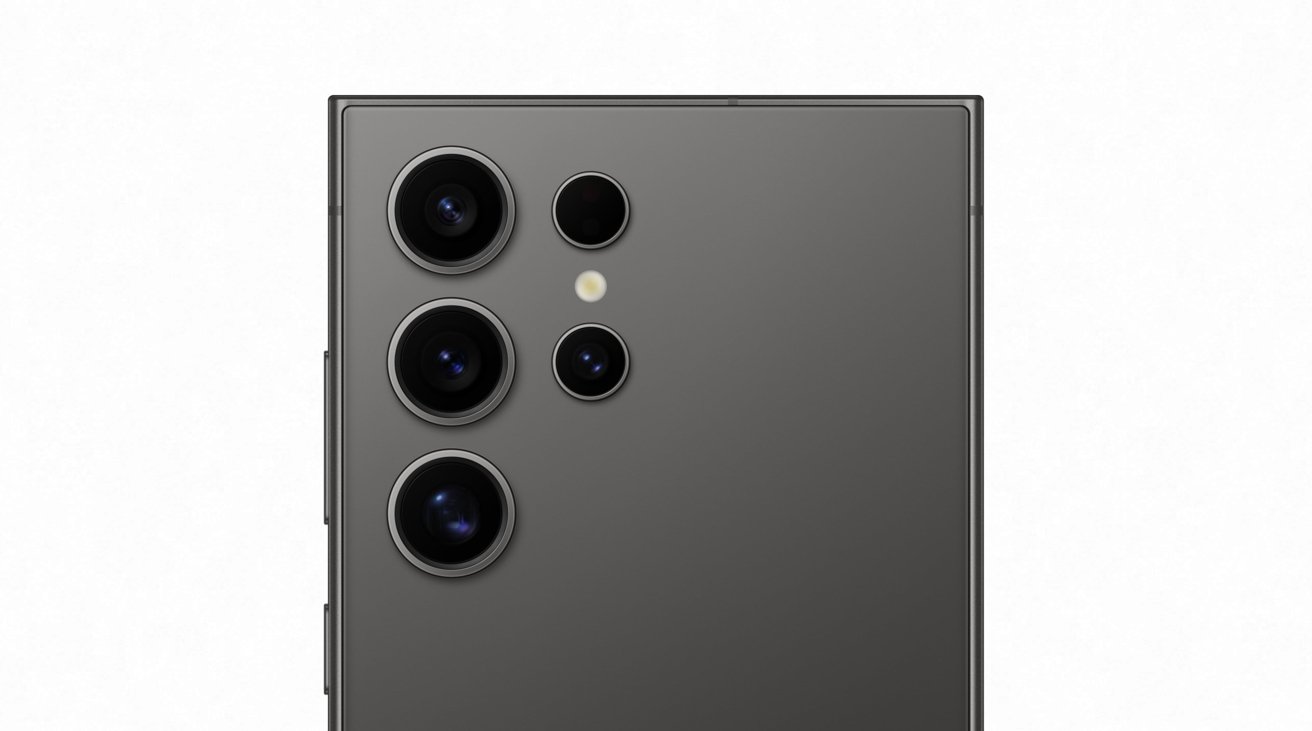
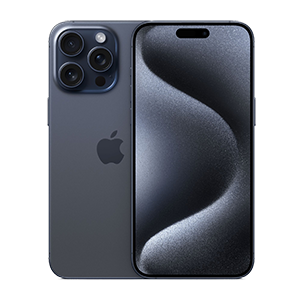
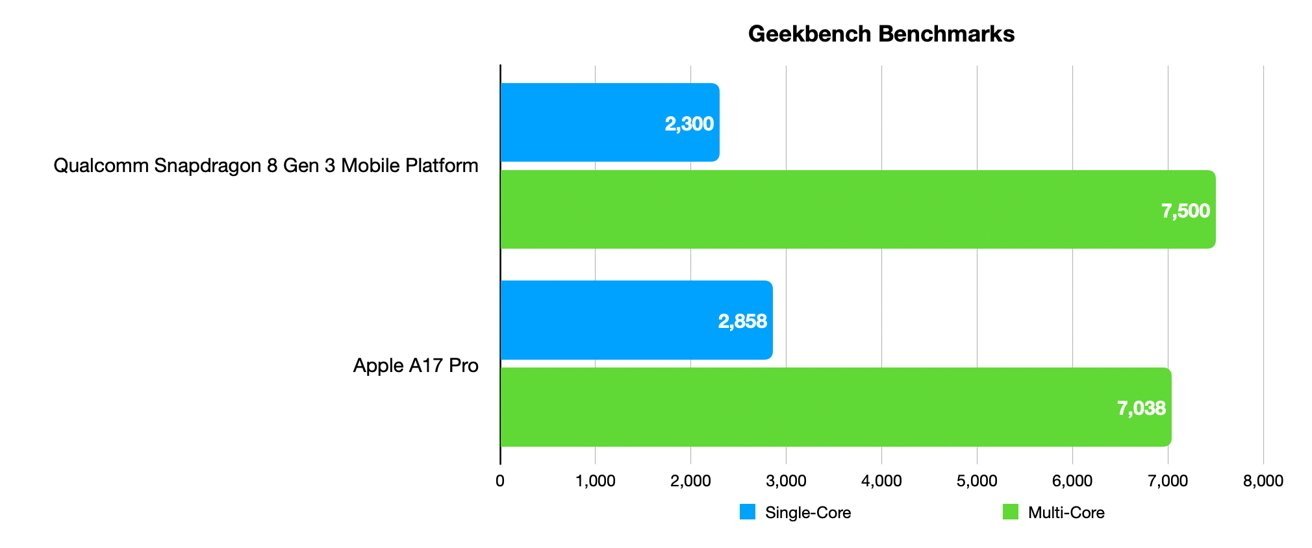
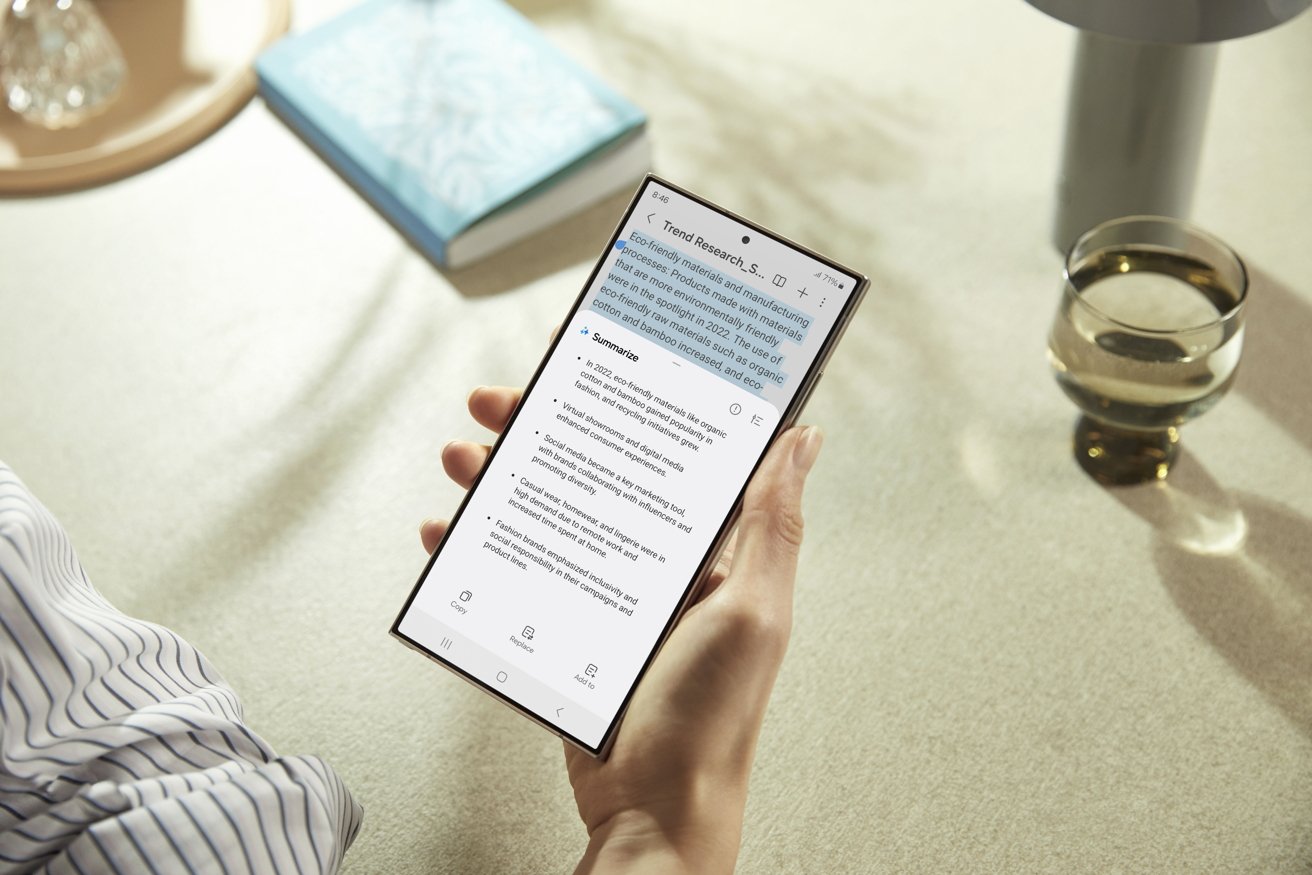
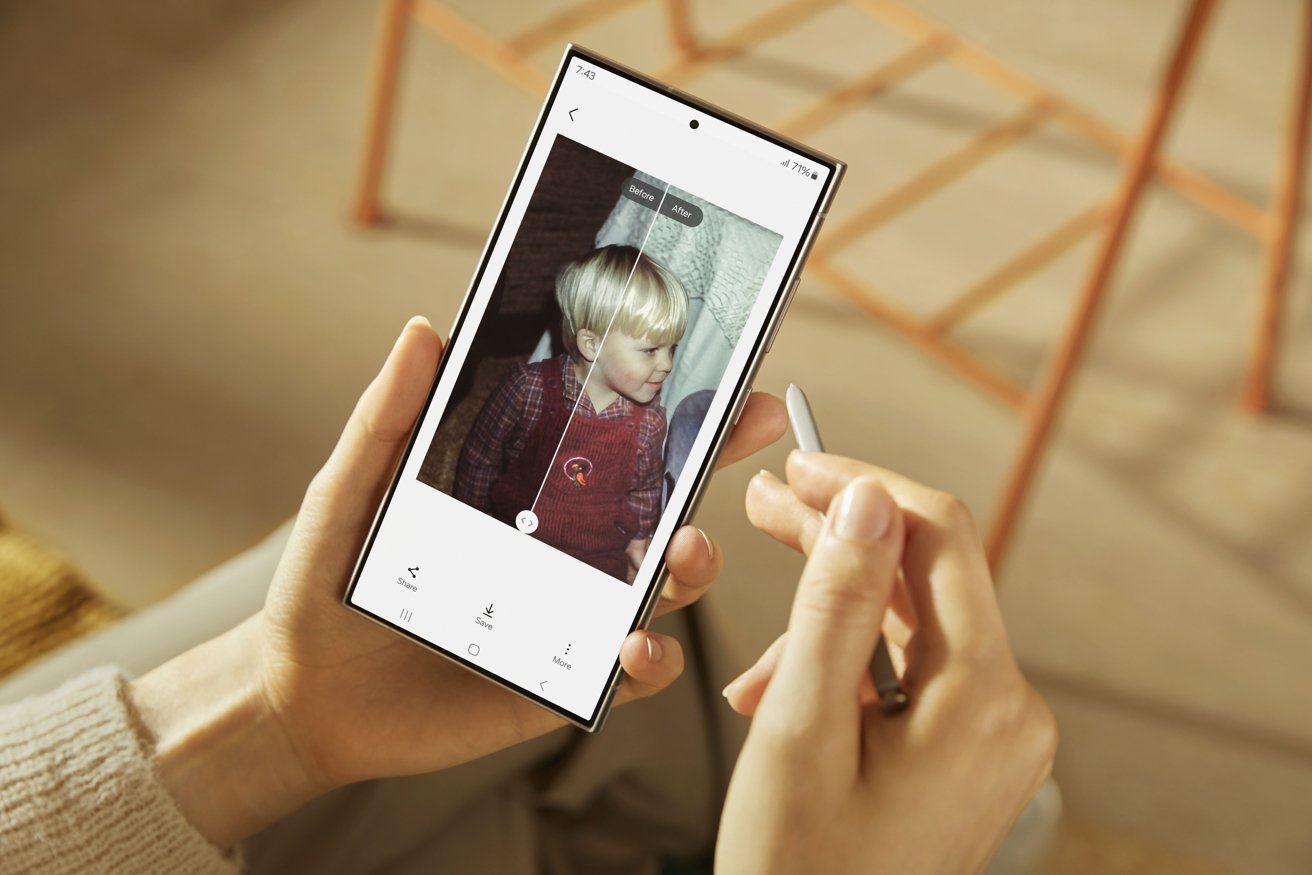




-xl-m.jpg)


-m.jpg)






 Chip Loder
Chip Loder
 Thomas Sibilly
Thomas Sibilly
 Wesley Hilliard
Wesley Hilliard
 Christine McKee
Christine McKee
 Amber Neely
Amber Neely
 William Gallagher
William Gallagher

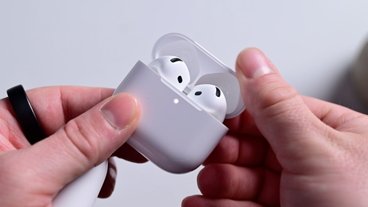
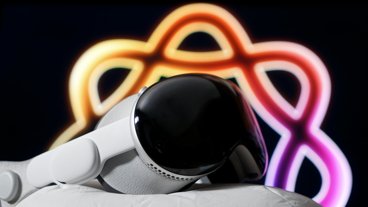






4 Comments
It would be interesting to know what percentage of buyers are agnostic about which OS their phone is running. I would imagine that number is very small. For eveyone else, any difference in feature sets is trumped by which OS the phone runs. Android folks will stick with an Android phone while those in the Apple ecosystem will choose iPhone. I would say that Samsung's main competitor isn't Apple, but Google and other premium Android phones. It's clear from the review above that both of these phones are great performers worthy of the best-in-class status, and any "wins" by one side or the other these days tend to be more at the margins.